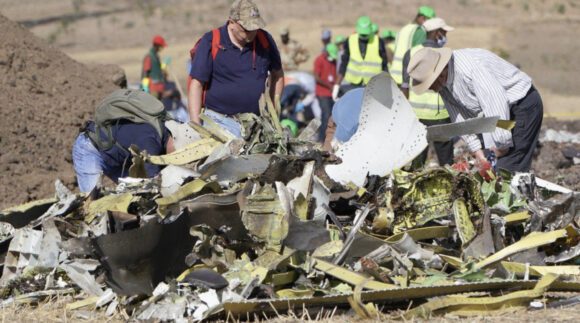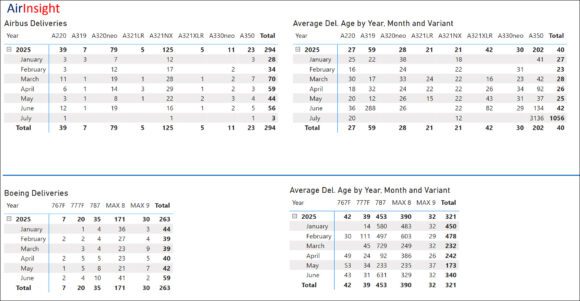
Boeing HQ
Today’s key news items about Boeing speak about a ‘death spiral’ and the impacts of the strike on the supply chain. Boeing’s CFO is looking to cut costs during the strike, and purchase orders to the beleaguered supply chain are being pulled and deliveries halted. With Boeing having already been taking deliveries for higher production rates than it has been achieving, a de-stocking will likely occur, with Boeing adjusting its purchase quantities to better match its lower production rates. While it was already quite clear that Boeing was highly unlikely to achieve its projected rate of 38 aircraft per month by year-end before the strike, that is now a virtual certainty.
For suppliers, the question is how long the production stop will continue after the strike ends to adjust inventory levels to what Boeing actually can produce. Many suppliers have already taken unilateral action, slowing production to expected levels of Boeing production but well below the target. This, of course, varies by supplier and their confidence Boeing’s master schedule. From a supplier perspective, with Boeing not meeting its targets, the company may take a backseat position in priority with the supply chain. Work slated for the more stable and reliable OEMs, Airbus and Embraer, will likely be given a priority over Boeing, whose volatility has plagued suppliers and put them in a difficult situation through multiple production problems and program delays. As a supplier, who would you rather serve, a stable Airbus or Embraer, or an unstable Boeing, with unexpected quality escapes and rate changes and high volatility?
Labor negotiations are resuming today, with Boeing needing to settle quickly to resume normal activities and stop what could be a $100 million plus per day cash drain. A protracted strike could require new financing for the company, and with high debt levels (circa $45 billion) the company is already approaching junk status. Rating agencies have warned that additional debt would result in a downgrade to junk status. Boeing will need to use equity to raise cash if it wants to maintain an investment grade rating, but that will further dilute shareholder value and negatively impact the company’s stock price.
A protracted strike of 60 days could cost Boeing as much as $4.2 billion, which could send the company back to capital markets. Losing investment grade status would likely make the $45 billion in net debt more expensive to service, further exacerbating the problem.
Ryanair’s estimate of a 6 week delay in deliveries would imply a similar length of time for the strike. That would be a positive outcome for Boeing, but likely require concessions that Boeing would meet only because they will be forced into.
Finally, in a story that seems to come out of a novel, a third party security guard from a company hired by Boeing, pulled a gun on pickets, but fortunately no shots were fired. Boeing quickly condemned the incident, and ensured that the security guard would no longer work on Boeing property. Unfortunately, in a culture with contentious labor relations, a security guard just made Kelly Ortberg’s goal of changing the culture much more difficult to achieve.
Links to today’s key stories follow:
- Boeing’s CFO wants to cut costs amid strike – but one observer warns of a ‘death spiral’ – Fortune
- The impact of the Boeing strike on the supply chain – AirInsight
- Boeing halts supplier shipments and hiring as strike continues – Flight Global
- Boeing, union negotiators to meet as striking workers dig in – Reuters
- Ryanair sees Boeing strike delaying jet deliveries by six weeks – BNN Bloomberg
- Security guard at Boeing draws a gun in altercation with picket – Seattle Times
Views: 0




